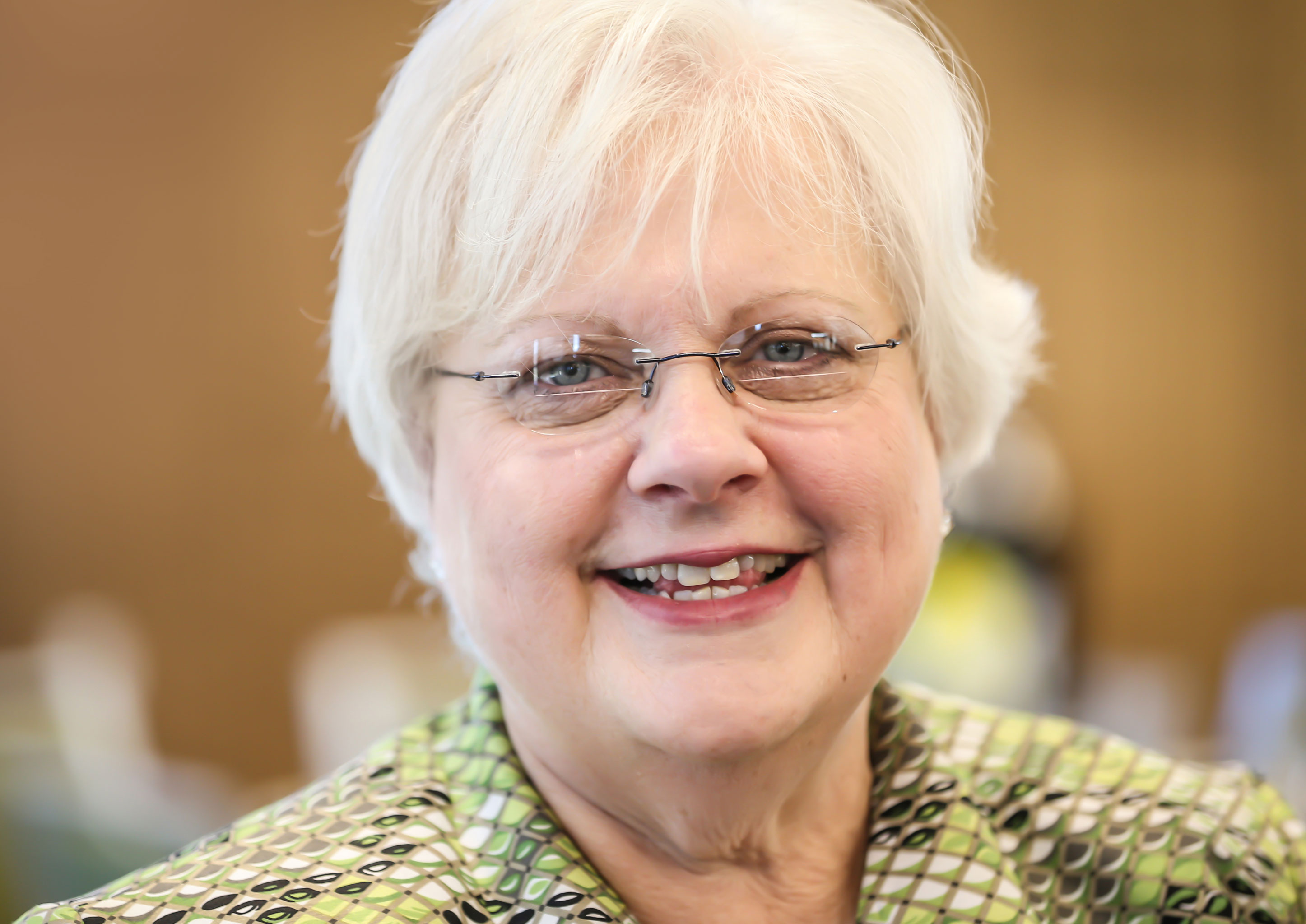Martha Lou Scott
This spring, Martha Lou Scott, BS ’71, EdD ’84, retired from her role as associate vice president for student life after nearly 49 years of service to the University.
When she accepted a job offer with Baylor’s residence halls office prior to her graduation in 1971, Scott didn’t know she would serve the University community for nearly five decades. Along the way, generations of Baylor students have benefited from Scott’s intentional leadership, mentorship and discipline.
On an episode of Baylor Connections, a weekly KBWU radio show and University podcast highlighting Baylor’s people and programs, Scott discussed what it has meant to share joys, sadness and grace with countless students, coworkers and friends in the Baylor Family.
People say working with college students keeps you young. Have you found that to be the case?
SCOTT: Yes, mainly because they keep you on your toes. You never know what they’re going to come in and ask you about or tell you about. They bring such wonderful ideas to any discussion. They’re looking for something new and innovative, so that rubs off on you. And they always ask why. It’s not out of disrespect in any way. It’s because they have a genuine desire to know: Why should we do this? Why should this matter in my life?
We talk about Baylor as a caring campus community. What does that mean to you — in terms of living that out with students?
SCOTT: It means treating others with respect and wanting what is best for them. I’ll use the area of conduct as an example. For some people, they view that area as a place that, when someone has broken the rules, you just throw the book at them. At Baylor, conduct has never been viewed that way. Obviously, as a part of that, there is a redemptive element. We want students to succeed, and we’re going to do as much as we can to surround them in a way with resources so that they can be productive, so they can accomplish the goals that they had when they came here.
You have helped students when they are facing issues that go beyond the campus. Will you share some of the ways you were able to help students dealing with a personal tragedy or a loss, or when there was a natural disaster, such as Hurricane Harvey?
SCOTT: There are a number of different approaches, but one of the simplest things that I’ve been able to do is send an email.
We recently had students from Alabama whose hometown was hit by a tornado. I wrote them a simple email, and all it said was that Baylor University cares about you. We are coming to you because we know you’re in this affected area.
I got an email the next morning from the parent of one of those students because she was so touched that we contacted her daughter. I thought, “It was an email. There’s nothing simpler than that.” But, for that student who is here trying to study for tests and carry on with life as a student, when everything about them says, “I want to be at home with my family,” sometimes that connection that I’m able to make for the University is the thing that matters most to them.
What do you hope students will take away from being in contact with you?
SCOTT: I would hope that they would know in whatever we did together that I had a genuine care for them, that I wanted what was best for them, that I do want to help, and that I do want the experiences that we have together to take them to a better place. Every college student faces challenges at some point. If you’re a college student and haven’t struggled, you’re not working hard at this. It takes a lot of work.
From time to time a student —even some of the ones that were disciplined — will write to say, “As difficult as that was, I thank you because it made a difference in my life,” or they’ll come by and visit and recall a conversation. What I’ve begun to realize is it is not necessarily what I said in that moment or what I did. It is really what the Lord opened their ears to hear. I’m grateful for that.
To hear the complete interview or conversations with other podcast guests,
visit baylor.edu/connections.
